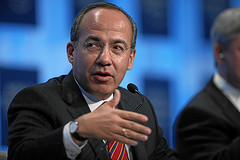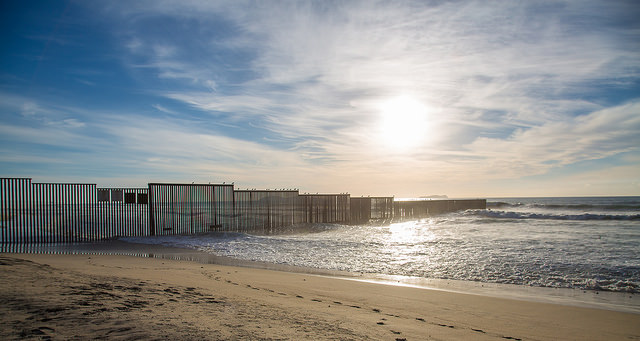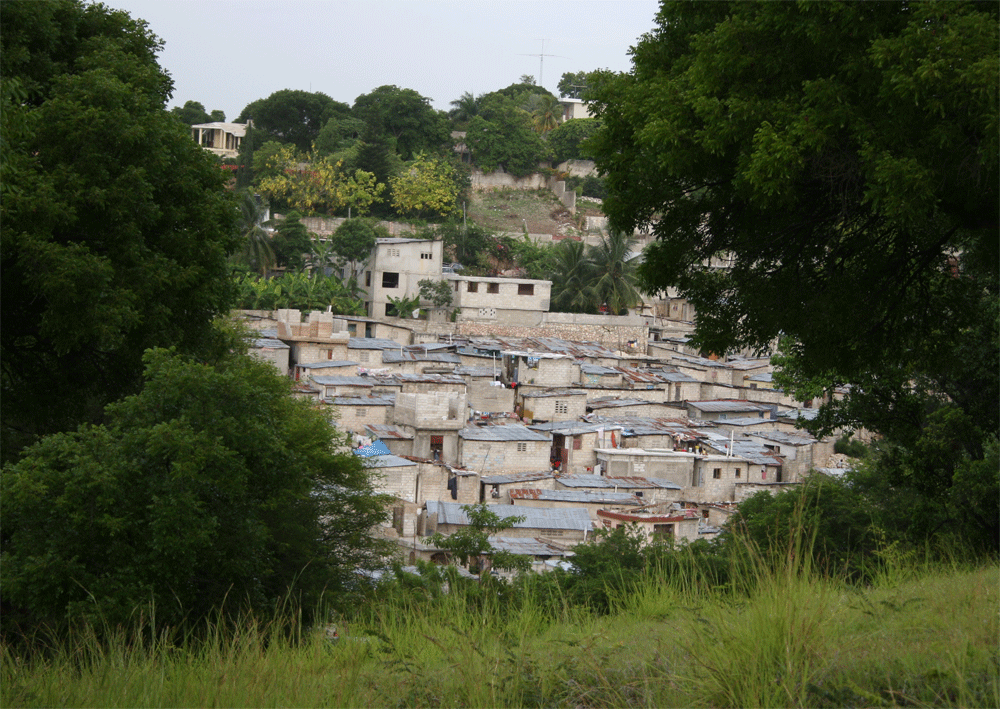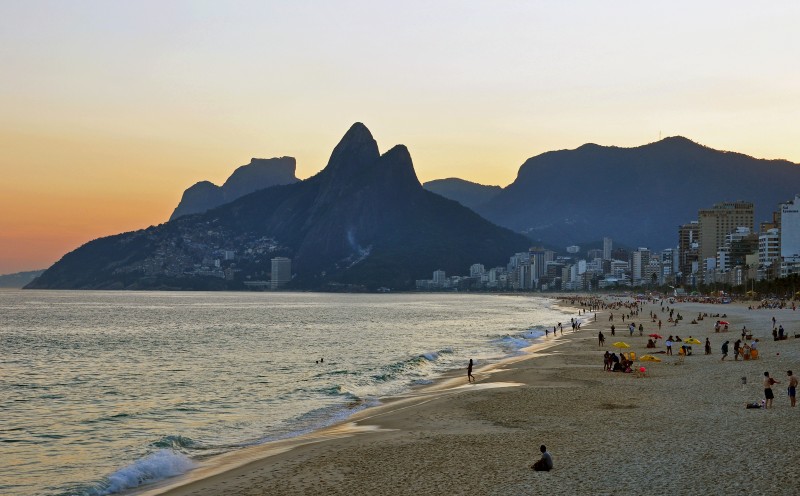
Latin America: Week in Review, Mexico
WikiLeaks Cables Reveal Authorities’ Uncertainty In Mexican Drug War
December 3, 2010 By Staff
Today in Latin America
Top Story — The Mexican government fears losing control over parts of the country to drug traffickers and lacks a clear drug war strategy, according to U.S. diplomatic cables made public by WikiLeaks and published in the news media Thursday.
The attitudes contained in the cables contrast sharply with the Mexican government’s more confident public announcements about the drug war.
The cables indicated that U.S. officials did not have much confidence in the Mexican military, calling them “slow and risk averse.”
Mexico’s Foreign Relations Department said on Thursday that the information contained in the cables is “incomplete and inaccurate,” The Associated Press reports.
A separate cable published on Thursday said that Calderón told a U.S. official last year that Latin America needs a “visible U.S. presence” to oppose the influence of Venezuelan President Hugo Chávez.
Spanish daily El País received an advance copy of the cables from WikiLeaks and has posted the documents about Mexico here. The titles and descriptions are in Spanish, but the cables are in English.
Just Published at the Latin America News Dispatch
- Puerto Rican officials and businesses are partnering to launch a new campaign to boost the island’s economy through tourism. Von Diaz has more.
- Secure Communities, a federal anti-illegal immigration program, is stirring debate in New York. Amy Elmgren reports.
Headlines from the Western Hemisphere
North America
- Mexican federal police say they have captured a regional leader of the Zetas gang, Eduardo Ramírez Valencia, during an operation Wednesday in the state of Hidalgo.
- The Mexican Supreme Court rejected to uphold some rules permitting the state oil monopoly, Pemex, to contract with private companies.
- Florida Governor-elect Rick Scott said he supports a law like Arizona’s controversial immigration bill that allows law enforcement to ask for identification to enforce immigration laws.
Caribbean
- A bill to remove restrictions for U.S. citizens traveling to Cuba will not move forward, senior Democrats said this week.
- Terror over a fast-spreading cholera epidemic has triggered a violent witch hunt in rural Haiti in which locals murdered at least 12 neighbors on accusations they used black magic to infect people, police said Thursday.
Central America
- A United Nations anti-corruption commission found irregularities in Guatemala’s adoption program despite government efforts to prevent fraudulent adoptions.
- Costa Rican President Laura Chinchilla said Wednesday she will send police with special training to a disputed area on the border with Nicaragua, where Nicaraguan soldiers have set up a post.
Andes
- Venezuelan President Hugo Chávez said more than 30 people have been killed in floods and landslides in the country and pledged to speed construction of public housing to help thousands of evacuees.
- The Ecuadorian government is promoting a program called Welcome Home, that offers an array of incentives to lure immigrants back home.
- Police in Peru say a tourist bus collided head-on with a truck loaded with cement, killing five European travelers and both drivers. Twenty-eight people were injured.
Southern Cone
- 10.8 million people went to theaters in Brazil to see a film about a fictional account of corruption and violence in Rio de Janeiro, while the government invaded slums to fend off drug traffickers.
- A spokeswoman for the United States embassy in Buenos Aires said “we’re not spies,” as the U.S. attempts to repair damage to ties caused by the release of secret diplomatic cables.
- A Pakistani man who was detained at the U.S. Embassy and investigated in a terror probe said Thursday he wants an apology from Chilean authorities.
- Moody’s Investors Service raised Paraguay’s foreign and local currency credit ratings, citing improved fiscal situations.
Image: World Economic Forum @ Flickr.






